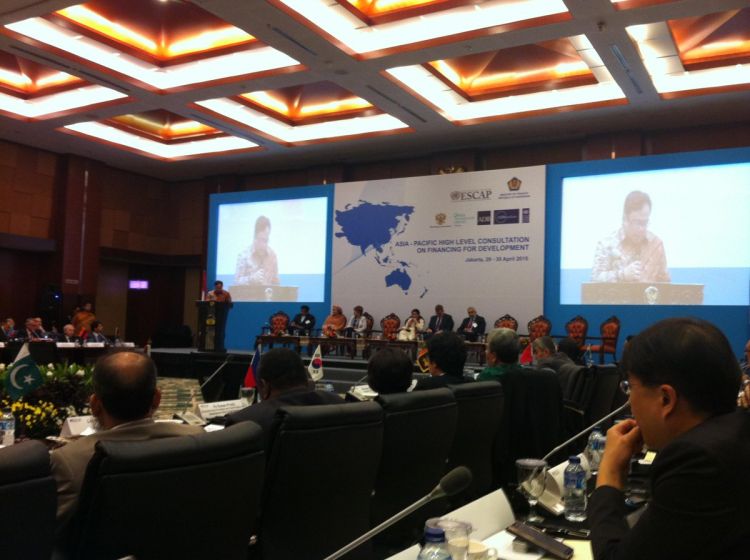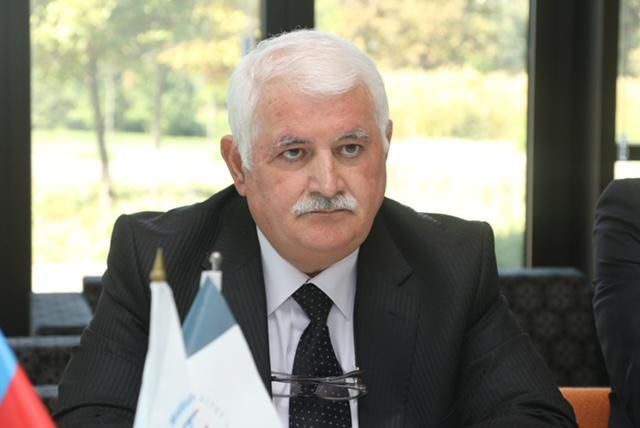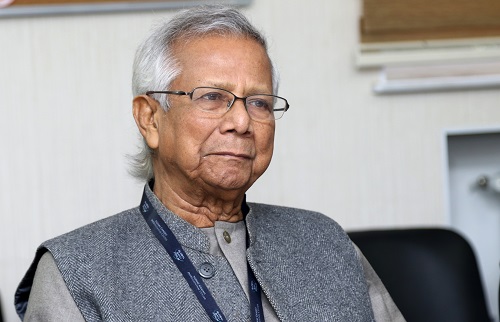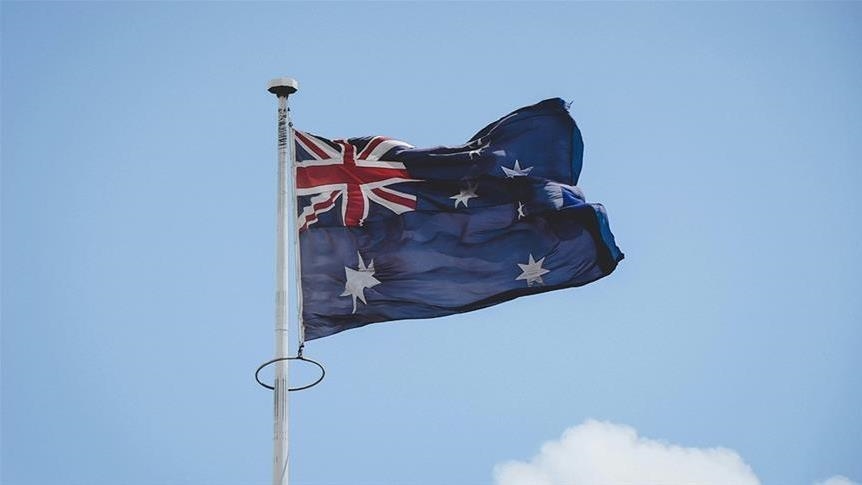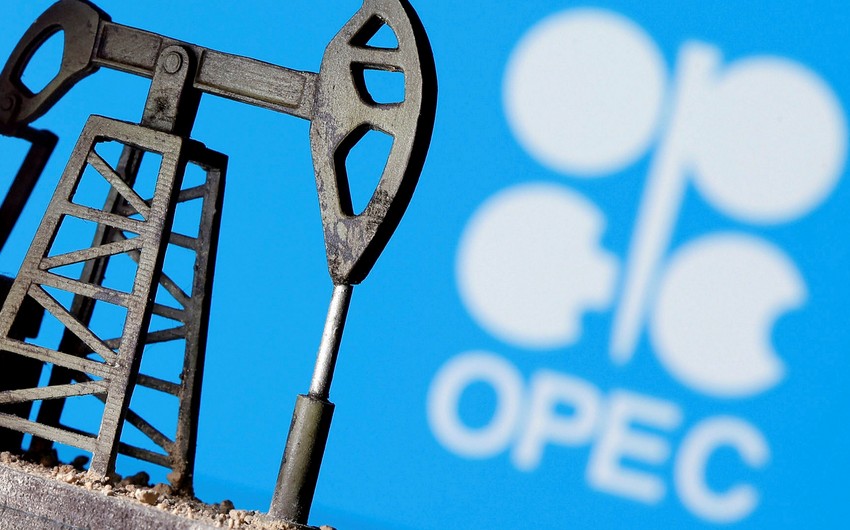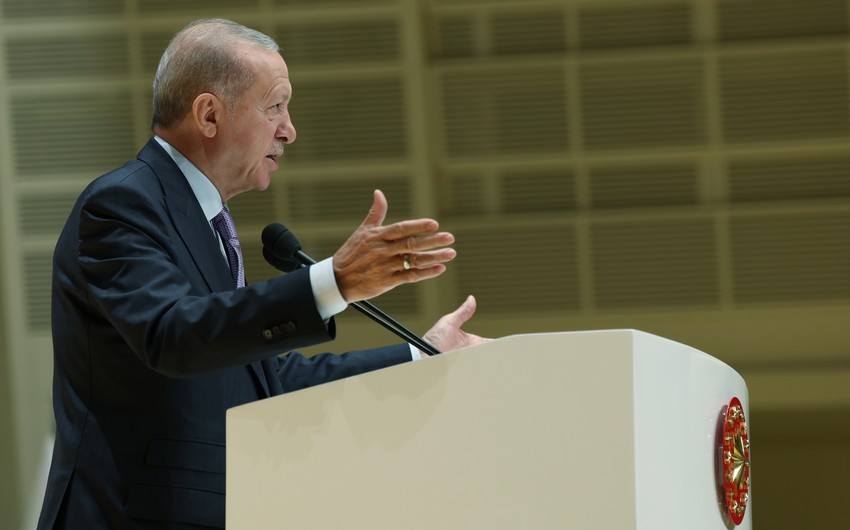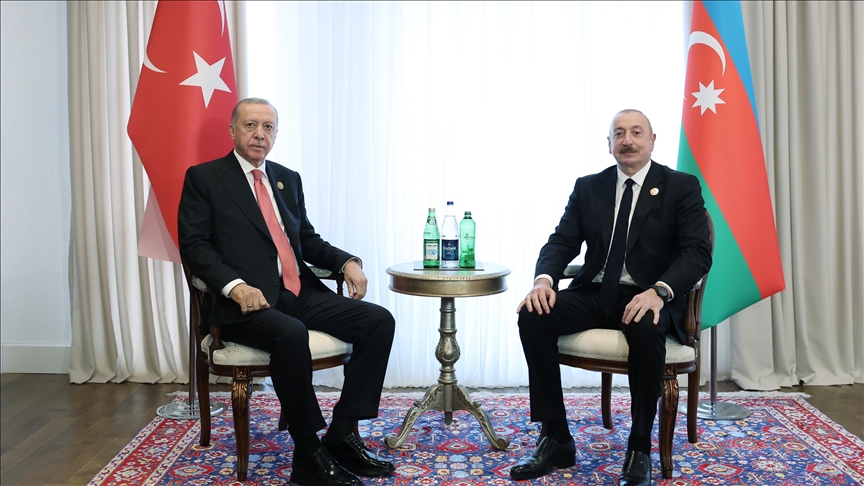As the people of Kiribati, Samoa and Tonga gear up as the first nations to welcome 2021, communities around the Asia-Pacific region and beyond look forward to bidding farewell to the most tumultuous year in recent decades.
2020 brought unparalleled human suffering that continued to devastatingly impact on the daily lives of people across all corners of the region. With the emergency authorization and distribution of COVID-19 vaccines, people are hoping for a ‘new normal’ recovery from the summer of 2021 onwards.
Yet, over the past year, the health crisis has produced a synchronized economic downturn that resulted in technical recession episodes in the majority of countries, along with heightened vulnerability of the most marginalized groups.
Commentators and experts are making every effort to better diagnose the underlying symptoms and root causes of fault lines in our societies, which are leading to widespread discrimination, distress and destitution. Simply put, economic growth paradigms and development models, strategic policymaking guidelines and prioritization of implementation roadmaps are all at a variety of inflection points.
Faced with multiple challenges and uncertainties, policymakers are consulting and learning from past policy experiences that could provide practical guidance to the art of policymaking, especially in times of multifaceted crises. Not surprisingly, policymaking continues to remain the crucial tool in building resilience in response to the COVID-19 pandemic.
Enlarging people’s choices Since the early days of the Keynesian revolution in the 1930s, decision-making has emphasized the importance of the equilibrium values of output and mployment through well-coordinated and sequenced policies. However, the differential outcomes in GDP growth and other development yardsticks, including health and education have led to the concept of going beyond GDP, with a broader and deeper focus on socio-economic well-being, quality of life, and standard of living dimensions.
In the post-second world war rebuilding era, the inadequacy of a trickle-down approach shifted the focus on poverty alleviation, along with non-economic factors such as governance, decentralization, and trans- boundary cooperation, when economic globalization flourished. In fact, through the development decades of the 1960s to the 1990s, policymaking focused on enlarging people’s choices and capabilities, not only on the expansion of income and wealth.
Rediscovering development vision In the 2000 autumn gathering at the UN Headquarters in New York, world leaders established the Millennium Development Goals (MDGs), a set of clear time-bound objectives to achieve eight goals, and commit to substantial reductions in income poverty and other human development benchmarks through sustained economic growth by 2015.
From 2000 to 2015, the Asia-Pacific region made remarkable progress to reduce extreme poverty and other development gaps through calibrated policies to bolster trade openness and regional value chains; industry and technology-led structural transformation; policy coordination on regional public goods, and institution- driven subregional partnerships. Although communities were significantly impacted by the Great Recession of 2007/2008 and the Asian Financial Crisis of 1997/1998.
Additionally, in this period of great convergence, policymaking focused on translating productive investment into building skills development in developing and least developed countries, pushing the envelope of ‘policy space’ in the broader context of trade and finance-technology interlinkages with human development. The shifting of the development paradigm underscored the importance of a robust and conducive international development framework, including expanding opportunities for South-South cooperation. Yet, the MDGs needed another push towards more sustainable development for all.
Integrating sustainability In a landmark gathering of world leaders in September 2015 at the UN, the adoption of the 2030 Agenda for Sustainable Development offered a new lease of life to an integrated approach to development thinking - synergizing the social, economic and environmental pillars of the Sustainable Development Goals (SDGs) for transforming our world.
This formulation of ideas helped drive development practice and encouraged forward-looking policymaking to address new and emerging challenges and opportunities across beliefs, ideologies and institutional foundations.
Though at the regional level—a variety of development outcomes stimulated public discourse on diversity, trust and governance—progress towards the SDGs has remained largely uneven. It is, however, not hard to argue that the 2030 Agenda has inspired inclusive development to intersect with structural transformation, and accelerated energy transition and technology-driven industrialization to offer lasting solutions to the growing climate emergencies.
Building back better Today, over 4.6 billion people of the Asia-Pacific region are confronting hardship and hindrance due to the COVID-19 pandemic. There are good reasons to believe that the weak health care systems, lack of social protection mechanisms, growing number of informal sector workers, limited diversification, and increased threats of climate change are opening up possibilities of a multi-speed recovery outlook in 2021 and beyond.
As communities gather steam to building back better, governments are recognizing the vital role of reimagining public policymaking to fit within the principle of value-based cooperation and multilateralism.
Raising the ambitions of SDGs-centred policymaking is poised to define success in the next Decade of Action for all.
Sudip Ranjan Basu
Sudip Ranjan Basu is a Programme Officer (Partnerships), Office of the Executive Secretary, United Nations Economic ans Social Commission for Asia and the Pacific (ESCAP)

